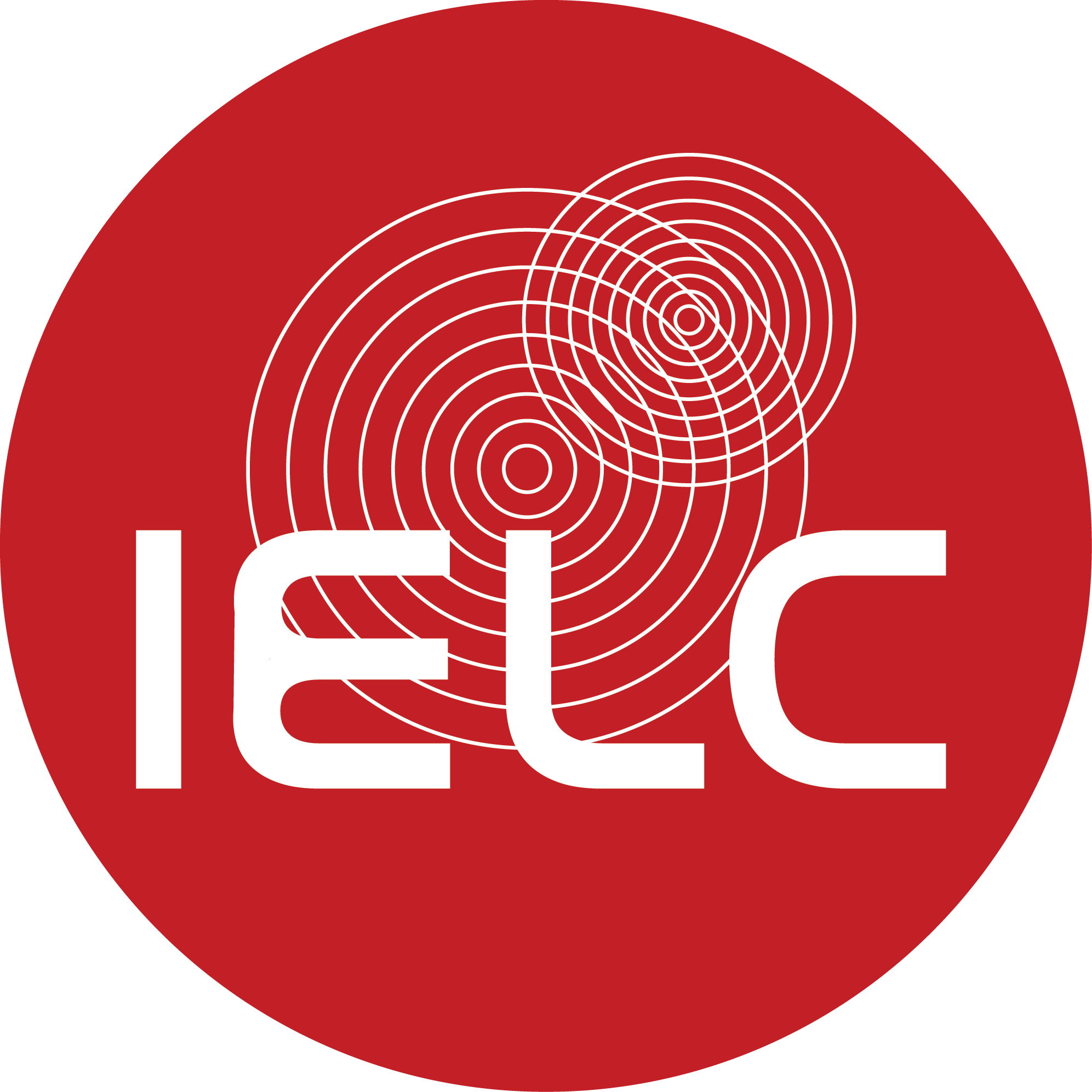|
|
Description |
||||||||||||||||||||||
|---|---|---|---|---|---|---|---|---|---|---|---|---|---|---|---|---|---|---|---|---|---|---|---|---|
The study explores the shapers and impacts of privatisation in the area of English education for Speakers of Other Languages (ESOL) and identifies ways to enhance the quality of education without compromising equity. Many governments, including Hong Kong, have recently adopted a new line of privatisation through educational reforms, allowing for third parties’ participation in curriculum delivery in public schools funded by public funds, i.e., New Education Privatisation (NEP) in Patricia Burch’s definition. In addition to general privatisation trends, within-country NEP and its cross-national development at the government/supranational level have rightly attracted scholarly attention. However, the conditions which enable its infiltration into individual schools in the complex nexus of global/local relations has not received due attention, particularly for ESOL. ESOL requires special attention as equity issues can be heightened in it, English being crucial, but not readily accessible, social capital to enhance life chances for marginal groups of students, and is an attractive area for NEP. Furthermore, previous research has aptly provided criticism of NEP-induced changes in teacher professionalism (e.g., fragmentation of the teaching force) and educational quality and equity; however, there is little discussion of how schools and teachers should be prepared for NEP.
Objectives The study aims to:
Expected Outcomes This study will make an original contribution by identifying the shapers and impacts of NEP in ESOL through comparison of NEP in four countries, i.e., China, Japan, Australia and Greece, which have had divergent histories of, and relationships with, ESOL and NEP. Building on the research team’s previous work, this investigation seeks to answer the following research questions:
For more information about the study, please contact Dr. Choi Taehee at the email: choith@eduhk.hk or at the phone (852) 2948 8763.
|



